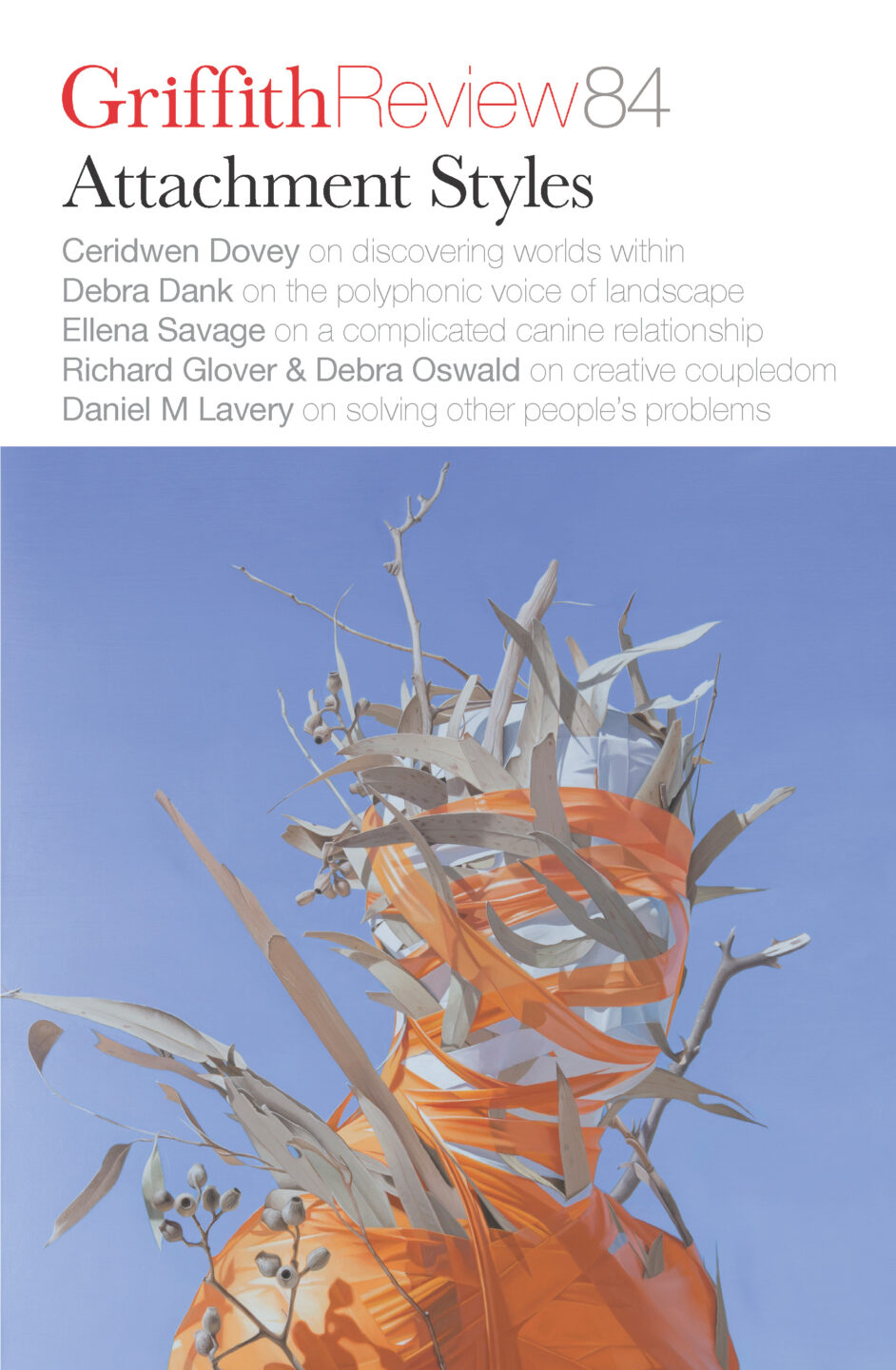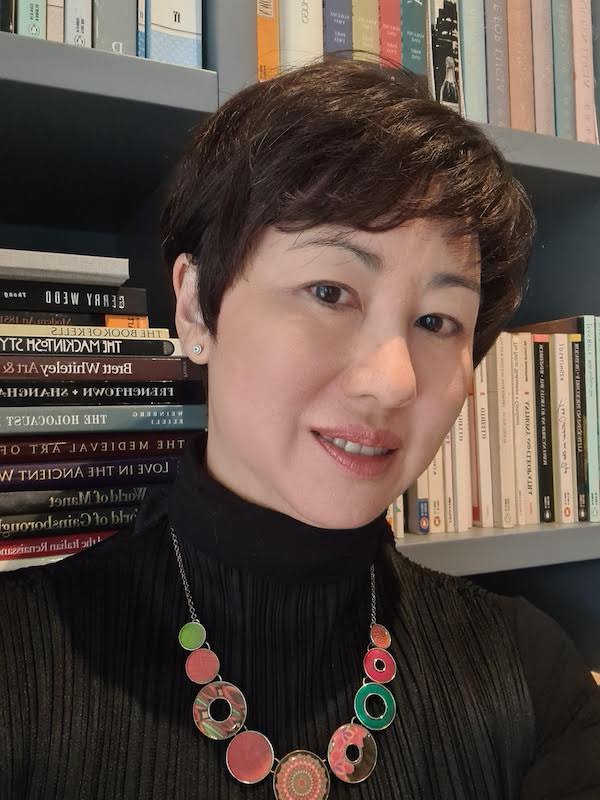Featured in

- Published 20240507
- ISBN: 978-1-922212-95-5
- Extent: 203pp
- Paperback, ePub, PDF, Kindle compatible


Already a subscriber? Sign in here
If you are an educator or student wishing to access content for study purposes please contact us at griffithreview@griffith.edu.au
Share article
About the author

Hsu-Ming Teo
Hsu-Ming Teo is a professor of literature and creative writing at Macquarie University, and the author of Love and Vertigo (2000) and Behind the...
More from this edition

Bringing up Baby
Non-fictionMy husband, the softer touch with Baby, couldn’t get the leash on him so I took over. I had a handful of food to placate Baby, and he seemed to relax as I held it slightly away from his snout and went to attach the leash with my other hand. But when Baby realised what was happening, he went stiff, then bit my hands eight times like he wanted to kill me.

The whole truth
Non-fictionActing methods...have remarkable similarities to spiritual cults. They have leaders, dogmas, even seminal texts. They have supervised rites and orthodox practices. They have stages of enlightenment, and trained leaders who will inform you whether you’ve reached such heights (and you usually haven’t, unless you’re sleeping with the leader in question).

picker
Poetry light’s tacked to the window i want it to pick at me eat me like fairy floss or a scab you say it’s sexual frustration i pick at...